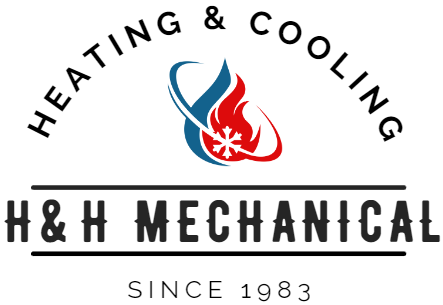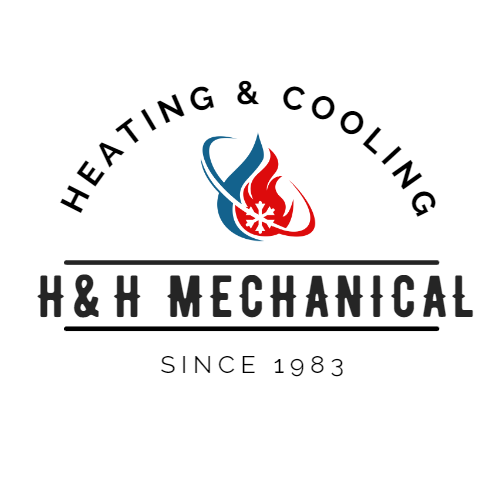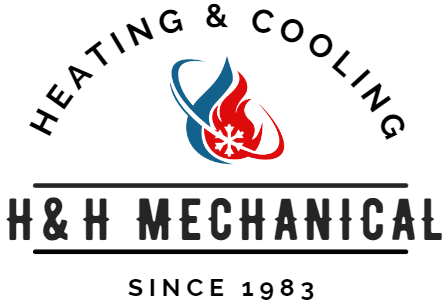What is Included in Our Residential HVAC Preventive Maintenance Contract?
Maintaining your home's HVAC system is crucial in ensuring comfort, air quality, and energy efficiency. Our residential HVAC preventive maintenance contract is designed to give you peace of mind and keep your heating and cooling systems in top-notch condition. Here are the comprehensive services included in our contract:
1. Bi-annual Maintenance Checkups
We conduct thorough maintenance inspections twice a year, typically in the spring and fall, to ensure your system is ready for the upcoming season. These checkups include:
Air Filter Replacement or Cleaning
We inspect and replace or clean air filters to guarantee proper airflow and improved air quality. Media filters included in Platinum Contract
Coil Cleaning
The condenser coils are cleaned to maintain efficiency and performance.
Refrigerant Check
We check the refrigerant levels, ensuring your system cools effectively.
Lubrication of Moving Parts
All moving parts are lubricated to reduce wear and extend the life of components.
Thermostat Calibration
Your thermostat will be tested and calibrated to ensure accurate temperature control.
Electrical Connection Inspection
We will check and tighten all electrical connections to prevent potential hazards and equipment malfunctions.
Blower Component Adjustment
The blower components are adjusted for proper system airflow.
2. Priority Scheduling
Our contract holders receive priority service, ensuring that your calls are placed at the top of our schedule, which is especially valuable during high-demand periods.
3. Exclusive Discounts
Enjoy significant discounts on parts and labor for any repairs needed outside the scope of preventive maintenance. Our contract ensures that you receive the best prices on high-quality service.
4. 24/7 Emergency Service
Emergencies don't stick to business hours, and neither do we. Our contract includes around-the-clock emergency service availability, ensuring that you receive prompt attention when you need it most.
5. Comprehensive Service Records
For your convenience and peace of mind, we keep detailed records of all maintenance and repairs performed on your system. These records can be invaluable for warranty claims and home resale purposes.
6. Automatic Reminders
Life gets busy, but with our service contract, you don't have to worry about remembering to schedule your maintenance checkups. We will contact you with timely reminders when your next service is due.
7. Energy Efficiency Assurance
Regular maintenance through our contract will help your HVAC system run as efficiently as possible, potentially lowering your utility bills and reducing your carbon footprint.
8. Extended Equipment Lifespan
Our preventive maintenance services are designed to extend the life of your HVAC equipment, ensuring years of reliable comfort.
Our residential HVAC preventive maintenance contracts offer a comprehensive solution to maintaining your HVAC system with optimal convenience and cost-effectiveness. By signing up for our preventive maintenance contract, you'll enjoy the benefits of a well-maintained HVAC system, priority service, and peace of mind knowing that your home's comfort is in expert hands.
For more information or to sign up for one of our HVAC preventive maintenance contracts, please contact us today. We're here to help you keep your home comfortable in every season.

The body content of your post goes here. To edit this text, click on it and delete this default text and start typing your own or paste your own from a different source.
You might also like





